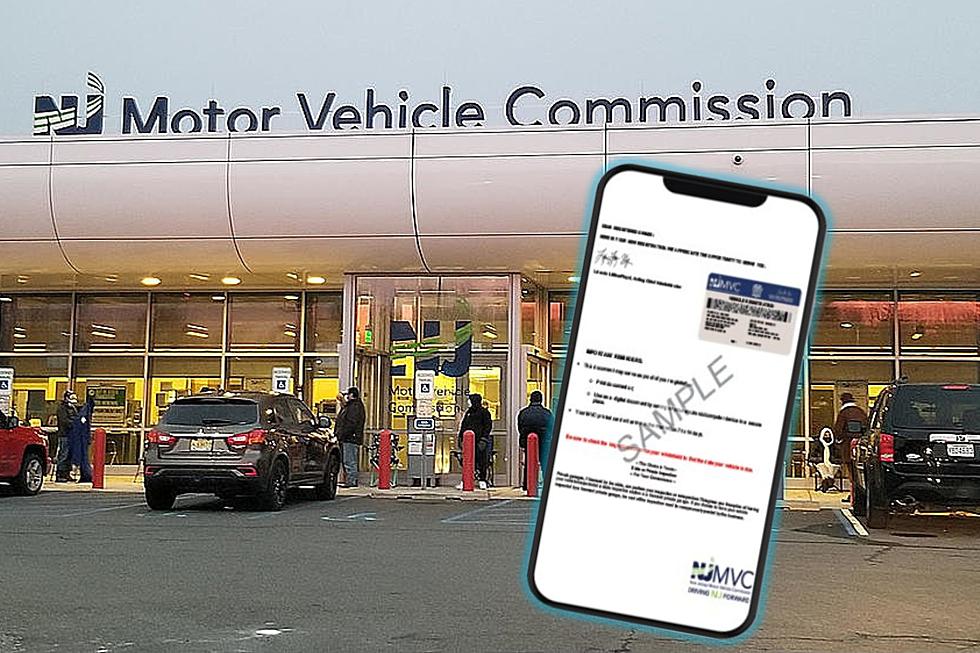
Antiquated Law Costing NJ Counties and Towns Money
Doing things electronically is cheaper, faster and far more efficient, so why is it that in 2015, towns and counties in New Jersey are still paying their bills using paper checks shipped through the mail? The answer may surprise you - they're not allowed to do it any other way.
"Under current law all local governments have to use antiquated paper checks to pay their bills," explained John Donnadio, executive director of the New Jersey Association of Counties (NJAC).
NJAC is helping lead the effort to change state law to authorize all local governing bodies to use electronic fund transfer technologies as the standardized form of payment to people and businesses.
The technologies would include the use of:
- Wire transfers;
- Electronic fund transfers (EFT);
- Prepaid debit cards;
- Automated Clearing House (ACH) payments.
EFT and ACH are electronic networks for financial transactions that effectively process large volumes of credit and debit transactions, according to Donnadio.
"This would reduce printing and processing costs. It will enhance security. It will improve cash management. At the end of the day, it will save valuable taxpayer dollars. We're looking at ways to streamline and save taxpayer dollars," Donnadio said.
A law change might not be far off.
In December 2014, the Assembly passed a bill to permit local governing bodies to pay their bills electronically. The measure is co-sponsored by Assemblymen Joe Lagana (D-Paramus) and Declan O'Scanlon (R-Red Bank).
An identical senate version of the legislation, sponsored by Senate Majority Leader Loretta Weinberg (D-Teaneck), is currently awaiting consideration by the Senate Budget and Appropriations Committee.
More From WPG Talk Radio 95.5 FM










